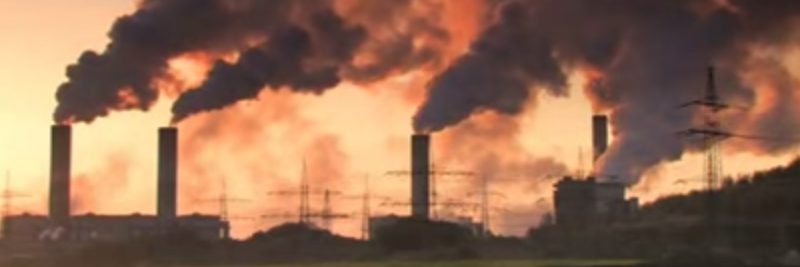Nuclear energy is one of the most prominent sources of alternative energies that is available to generate power. It’s often advertised as an environmentally friendly solution for power generation because of the dramatically lower CO2 production that is created when compared to fossil-fuel based energy resources. It is also a dangerous system of creating and managing electricity, as accidents at nuclear energy production plants have made certain areas inhabitable. There are some positives and negatives to consider with nuclear energy, so let’s look at those in some greater detail.
Here Are the Positive of Nuclear Energy
1. It has an impressive level of power generation capacity.
Nuclear energy is one of the most efficient systems that is currently in operation. The amount of electricity that these plants is truly massive. It is what allows the electrical needs of a city or an entire industry to be met without the installation of any other power generation methods.
2. The waste that is created can be reduced through advanced recycling methods.
Although nuclear waste is particularly harmful if it is exposed to humans, the dangers and amount of waste can be dramatically reduced with advanced waste recycling procedures. It can even be reprocessed in certain circumstances. Technology in Japan and Western Europe is already accomplishing this positive about nuclear energy.
3. The operating costs are relatively low compared to other power generation methods.
Although it is a power generation resource that requires employees with specific skills and talents, the relatively low operating costs that can be spread out over decades of use make the installation of nuclear energy a rather cost-effective method of power generation for a community.
Here Are the Negatives of Nuclear Energy
1. The initial construction costs can be rather high.
The issue with nuclear energy is that it is radioactive. This means that any power plant, nuclear-based engine, or any other item that can benefit from the creation of nuclear energy must have radiation containment systems installed that are rather complex and complicated to build.
2. There are known risks for high casualty rates if an accident should occur.
Most nuclear power plants have evacuation routes listed in their surrounding communities should something unforeseen happen, like a radiation leak or a meltdown. In this negative, it puts nuclear energy at the same level as a tsunami. It isn’t likely to happen, but when it does, people need to move quickly to stay alive.
3. There are long-term exposure risks that may not even be known yet.
What modern science does know about nuclear energy is that the long-term exposure the radiation it develops is bad. Even if the radiation exposure doesn’t cause a rapid death, it may begin the development of cancer in those exposed several decades down the road.
Nuclear energy certain has some positive to consider, but the negatives must be examined as well. By looking at both, each community can determine if nuclear energy is the right form of energy production to pursue.
Crystal Lombardo is a contributing editor for Vision Launch. Crystal is a seasoned writer and researcher with over 10 years of experience. She has been an editor of three popular blogs that each have had over 500,000 monthly readers.


















